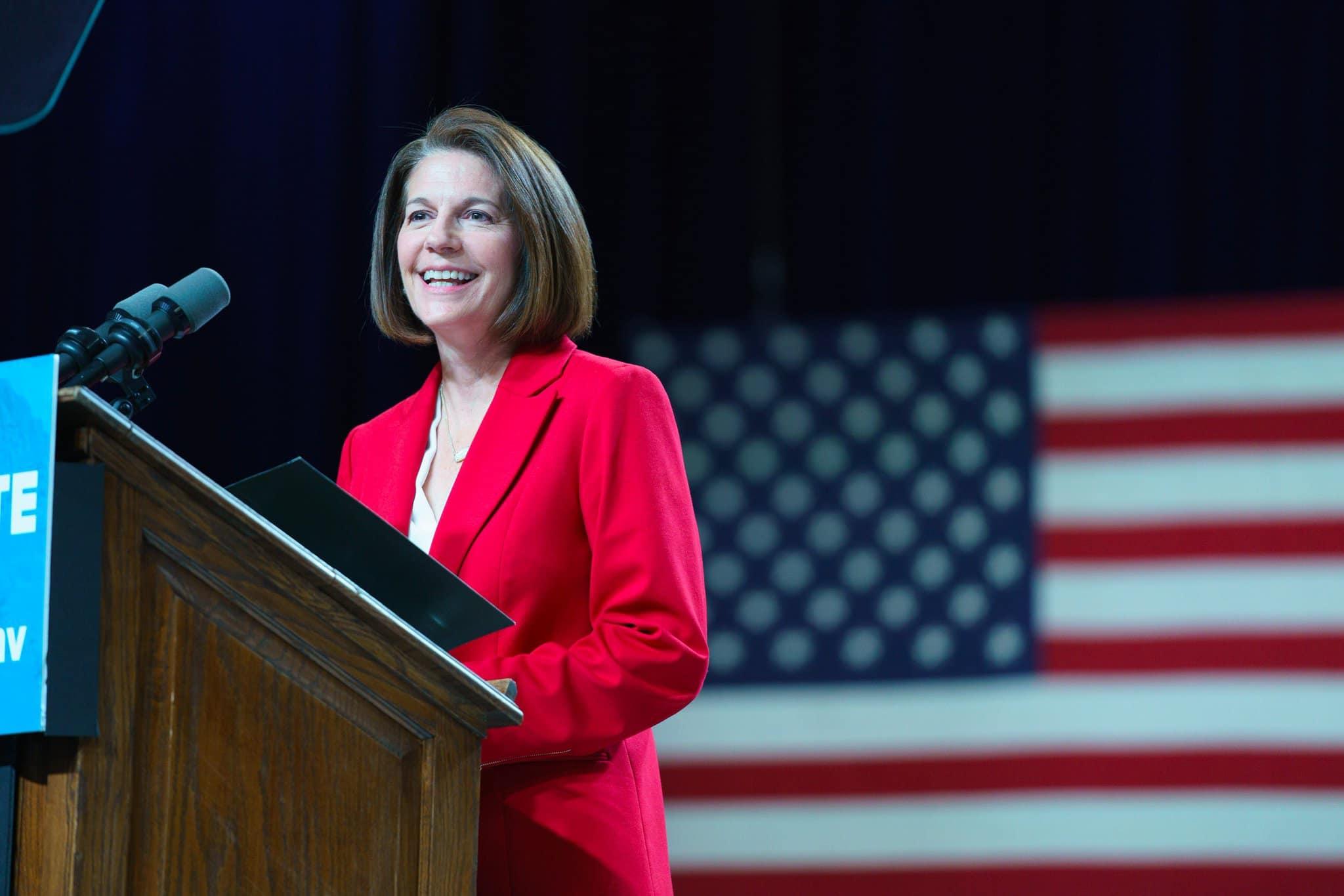In a setback for advocates of a permanent time system, a bill that would have exempted the state of Nevada from observing daylight saving time (DST) has failed to advance in the legislature, effectively halting momentum to end the biannual clock changes.
Assembly Bill 81 missed a key deadline for passage out of committee before the close of the 2025 session. As a result, Nevadans will continue to “spring forward” and “fall back” each year—despite growing public calls for consistency and clarity in timekeeping.
If passed, the bill would have aligned Nevada with Arizona and Hawaii—two states that do not observe DST. Supporters of the measure had pointed to evidence suggesting that ending the time change could benefit public health, reduce workplace disruptions, and eliminate scheduling confusion for schoolchildren and shift workers.
According to public hearing records, legislators said they routinely hear from constituents about the disruptive effects of changing the clock, particularly in relation to children’s routines and early morning commutes. However, the bill failed to gain the necessary momentum to move forward before the procedural deadline.
Business groups, including stakeholders in Nevada’s $75 billion tourism industry, raised concerns about the potential economic impact of falling out of sync with other states. Las Vegas, a major entertainment and conference hub, depends on time coordination for national broadcasting, travel itineraries, and convention schedules.
Under current federal law, states can choose to stay on standard time permanently, but a shift to permanent daylight saving time requires congressional approval—something several states, including California and Florida, have unsuccessfully sought in recent years.
Without new state or federal legislation, Nevada residents will again set their clocks back in early November under the Uniform Time Act. While the bill did not pass this session, some lawmakers have suggested the conversation may be revived in 2027, when the legislature next meets.






